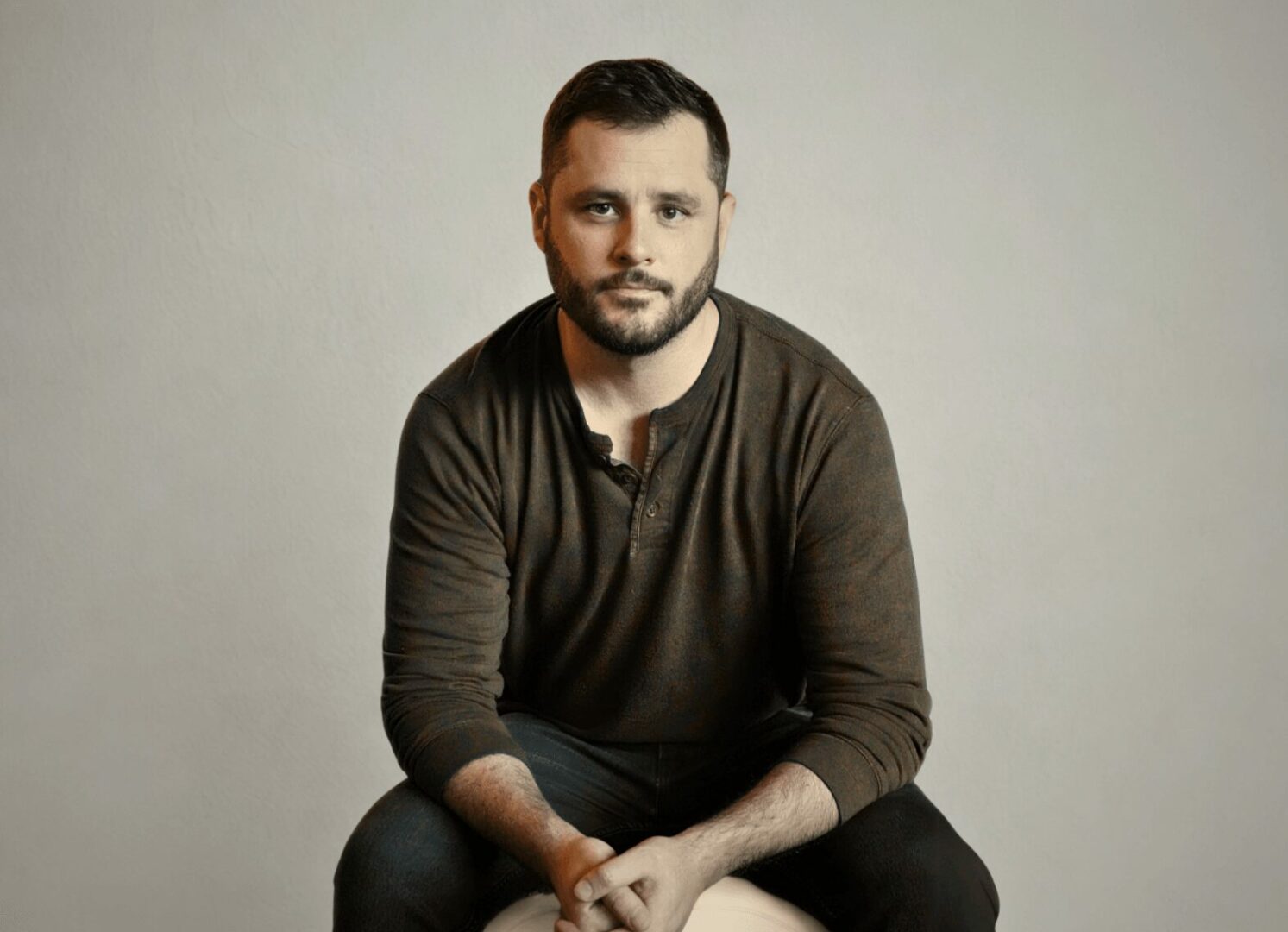We caught up with the brilliant and insightful Brian Mulvey a few weeks ago and have shared our conversation below.
Hi Brian, great to have you with us today and excited to have you share your wisdom with our readers. Over the years, after speaking with countless do-ers, makers, builders, entrepreneurs, artists and more we’ve noticed that the ability to take risks is central to almost all stories of triumph and so we’re really interested in hearing about your journey with risk and how you developed your risk-taking ability.
I developed my ability to take risks through a mix of early life experiences and decisions I’ve had to make as an adult. Growing up, I played a lot of poker—not just for fun, but seriously enough that I came to appreciate the psychology of risk. Poker taught me how to make decisions under pressure, weigh probabilities, trust my instincts, and stay focused when you have a lot on the line. That mindset stuck with me.
A little over three years ago, I leaned into that mentality in a bigger way. I was 32 at the time, and since I had been about 22, I carried the dream of becoming a filmmaker—it was there in the background, quietly persistent, and though I had taken a few halfhearted shots at it, I never fully committed. I think, deep down, there was a fear of failure. Leaving a steady job and somewhat happy life felt like too big a risk, especially when the outcome was so uncertain. It was easier to keep the dream as a fun thing to think about, something I could aspire to without ever truly testing myself. But as time went by and I eventually reached a pretty low point emotionally, I realized that if I didn’t take the risk and go all in, it would never happen, and I’d only wonder what could have been. So, I quickly made the decision to quit my job, move out of my hometown, travel the country and use all the money I had (ultimately about $12k plus $10k more in debt) to make a documentary called “American Highway” with a childhood friend – interviewing a range of Americans about their own stories, struggles and dreams. I knew the risks—financial, professional, even personal—but I believed in the vision. I wanted to chase my filmmaking dream fully, not half-heartedly. That experience stretched every part of me, but it also reminded and reinforced to me that I’m at my best when I put a lot on the line.
So, for me, risk isn’t recklessness—it’s about taking big, but calculated, leaps that take me further towards my dreams. When you’re trying to chase the life you want, I’ve realized that other than your family and close friends, there really isn’t too much that’s too much to lose.
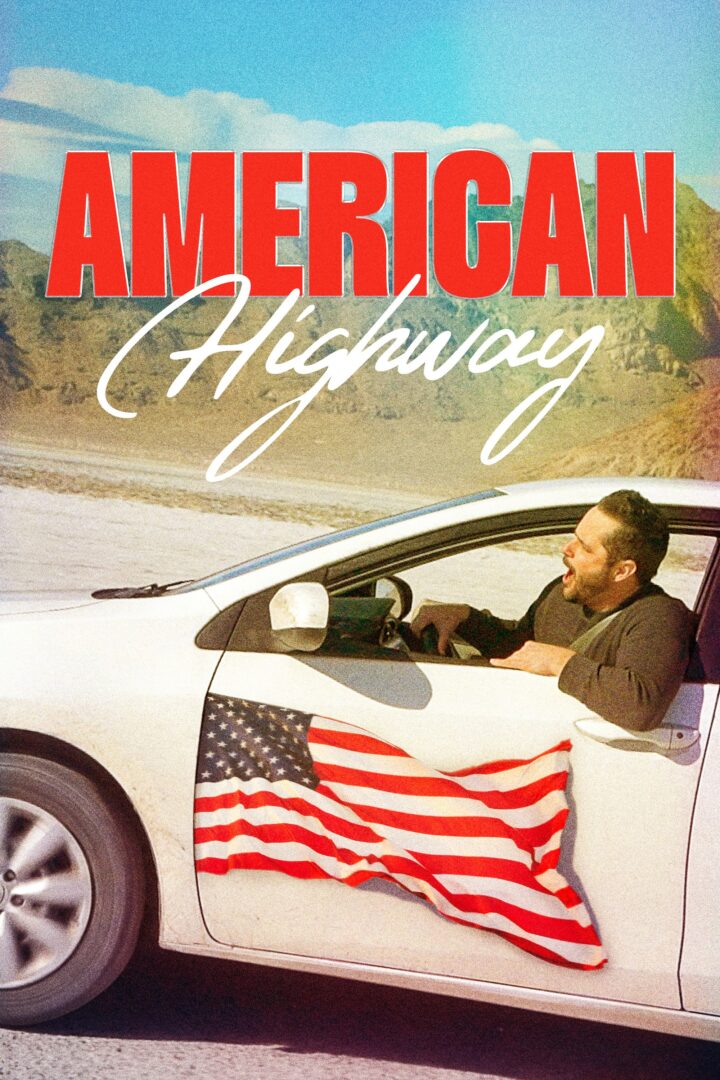
Thanks for sharing that. So, before we get any further into our conversation, can you tell our readers a bit about yourself and what you’re working on?
I’m a documentary filmmaker focused on telling real, emotionally grounded stories that connect people across different backgrounds and perspectives. For me, the most exciting part of what I do is the privilege of entering someone else’s world—listening deeply, observing closely, and then shaping those moments into something that resonates with others. There’s something powerful about showing audiences a slice of reality they might never otherwise encounter.
Most recently, I directed a short documentary about the Belize Zoo, a truly inspiring place that continues to thrive despite a wide range of challenges—from conservation threats to limited funding. That story wasn’t just about animals; it was about resilience, community, and the quiet strength behind something people often take for granted.
This summer, I’ve been hired, along with my “American Highway” collaborator, Seth, to direct another exciting project: a feature-length documentary called “I Hear You, Gen Z”. We’ll be traveling around the country with the film’s producer, Raquel, to interview members of Generation Z, diving into their thoughts, struggles, hopes, and fears amidst a fast-changing world. It’s a chance to spotlight voices that are often talked about, but not often heard.
I’ve learned that filmmaking is definitely a challenging yet rewarding endeavor. I feel extremely lucky to do what I’m doing and to have the opportunity to create things that can make an impact on someone.
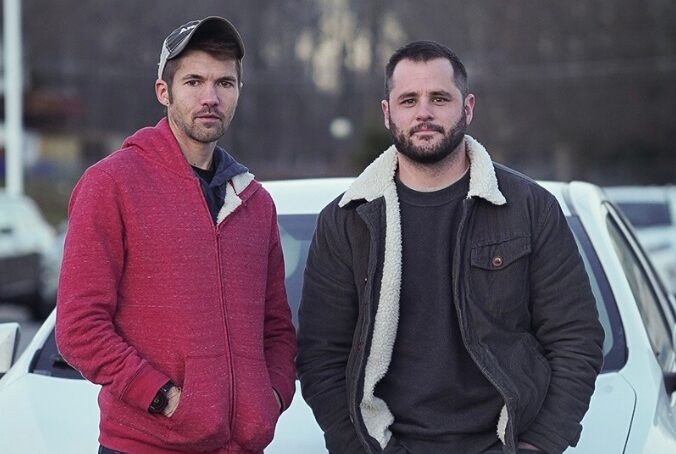
Looking back, what do you think were the three qualities, skills, or areas of knowledge that were most impactful in your journey? What advice do you have for folks who are early in their journey in terms of how they can best develop or improve on these?
I feel a bit unqualified to give advice when I’m in the early stages of the journey myself—so I would say maintaining humility and knowing there will always be something I need to improve, something new to learn, is a quality I plan to carry with me for the rest of my life. One of the most valuable things I do regularly is reach out for advice from people at further points in the journey than me. Their perspectives often reveal things I never would’ve thought of on my own.
That’s also probably one of the biggest lessons I’ve learned so far—the importance of building genuine relationships and friendships with people in your industry. Networking isn’t just about advancing your career; it’s about building a community. Supporting other people’s projects, offering help where you can, and showing up for others creates a sense of reciprocity that’s especially important early on, when resources and budgets are limited. I was blown away by how much support we got from people who are professionals in the film industry when we were navigating the post-production process for American Highway. We were first time filmmakers and complete unknowns (still pretty much are), yet most of these people were generous enough to provide their time and expertise to support us when we really didn’t have much, if anything, to offer in return.
More recently, another friend I’d made in the industry suggested I meet up with an indie film director in her mid-twenties that lives near me. We grabbed coffee, connected over our shared passion, and kept in touch. A few weeks ago, she reached out and asked if I could film for a few hours on one of her projects—no pay, just to help out. I said yes without hesitation. Not only did I learn a ton from seeing her unique, creative process and vision, but I also knew I was investing in a relationship that’s built on mutual support. Down the line, if I need help on one of my own projects, she’ll likely be there.
I think that ultimately, if I could provide some basic and seemingly obvious advice that’s probably often overlooked – just be a good person. Be kind and respectful to people. Filmmaking, like many industries, is inherently collaborative and I would imagine it to be quite difficult finding people that want to work with or support you if you’re unpleasant to be around, no matter how talented you are.
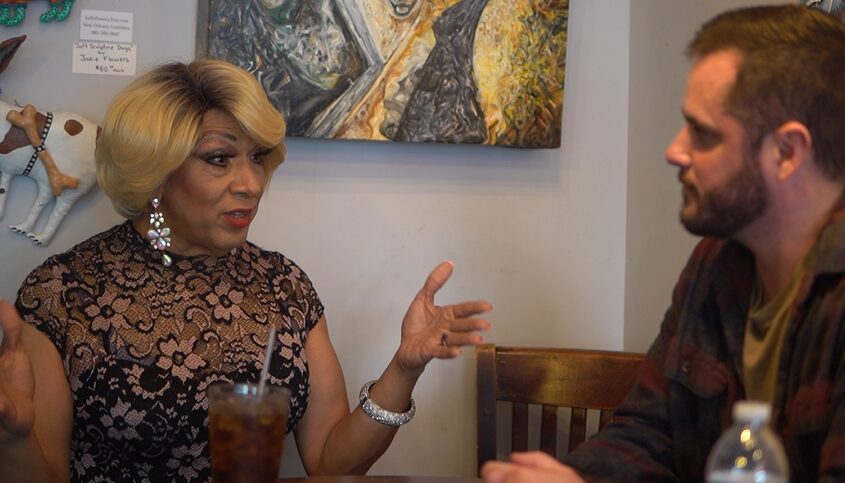
If you knew you only had a decade of life left, how would you spend that decade?
If I knew I only had a decade left, I’d spend as much of it as possible with the people I love. Not just being around them, but really being present—sharing stories, laughing, traveling, and making new memories together. That’s something I should probably be doing more of anyway. Make a point to reach out more, revive old friendships that time or distance faded, and not take any loyal relationship I’ve had for granted.
I’d also chase new experiences with everything I have and max out a few credit cards in the process.
And ultimately, I’d still keep making films—and telling stories that inspire me. It took me nearly a decade to finally start doing what I dreamed of, so I don’t plan on wasting the next one. Whether it’s a documentary, a short, or even something experimental, I want to leave behind a body of work that reflects what I cared about and how I saw and learned about the world. And after my end, I’d want whoever I cared about to remember our time together at least 85-90% fondly.
Contact Info:
- Instagram: @brianrmulvey , @americanhighwayfilm
- Facebook: https://www.facebook.com/AmericanHighwayFilm/
- Youtube: https://www.youtube.com/@americanhighway3860 , https://www.youtube.com/@BelizeZooNeotropicalConservanc
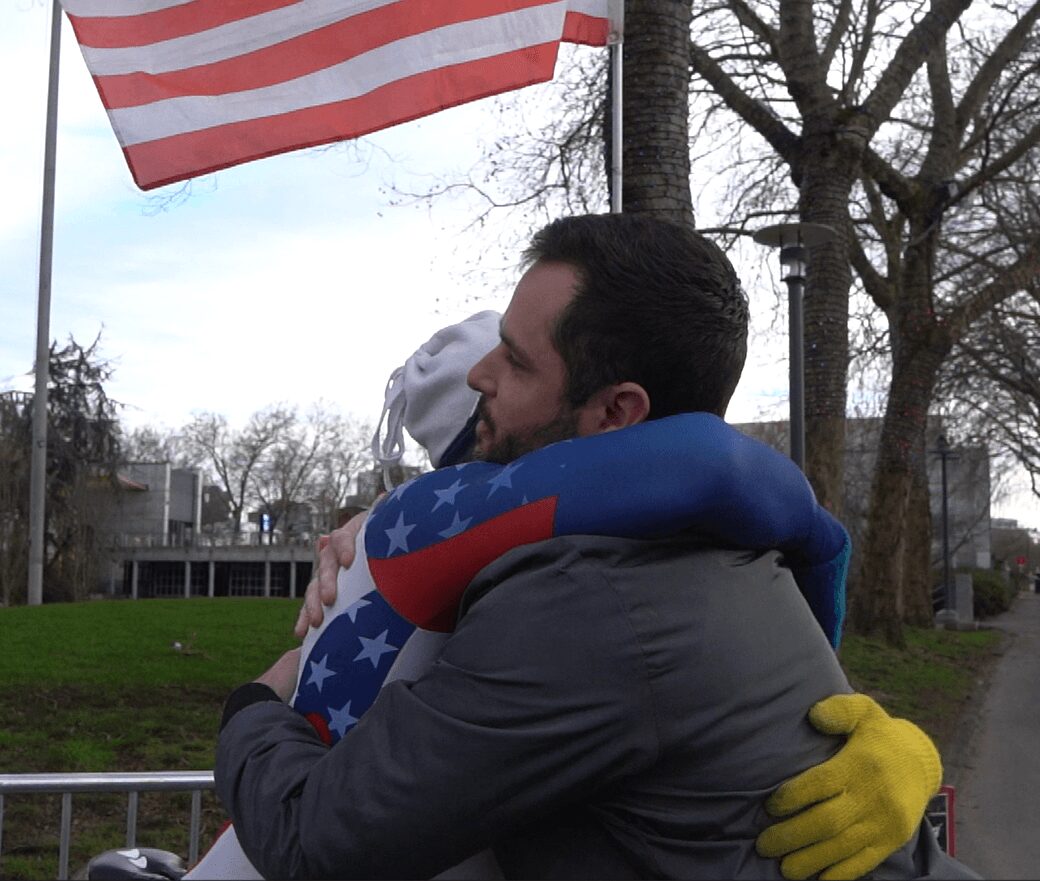
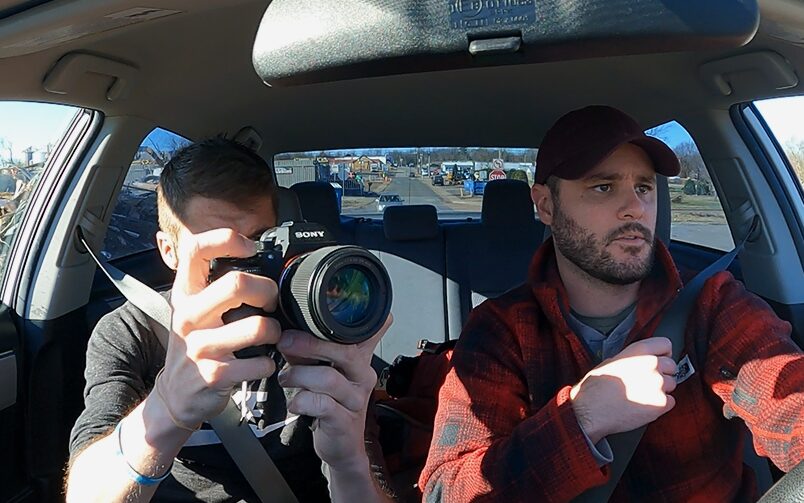
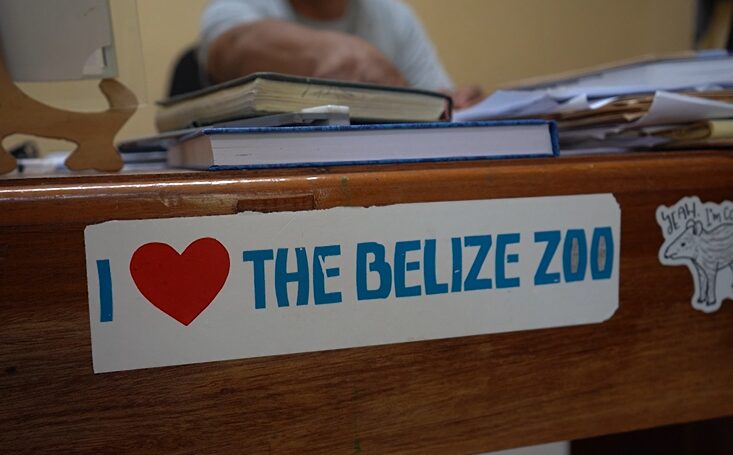
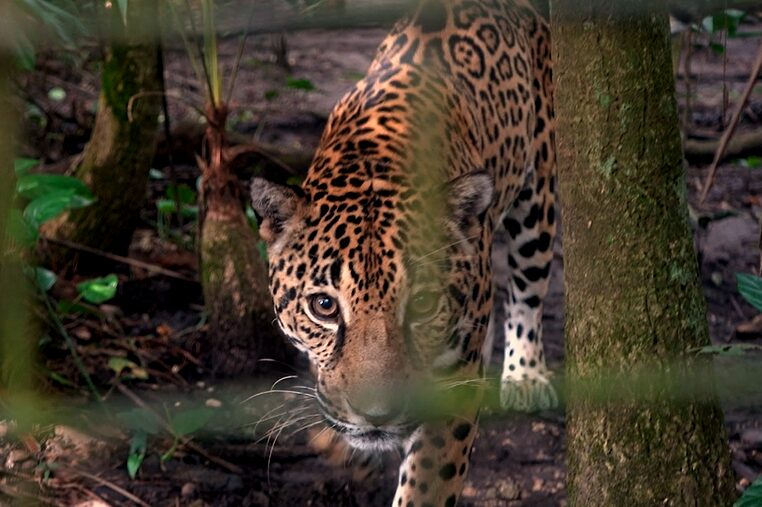
so if you or someone you know deserves recognition please let us know here.

